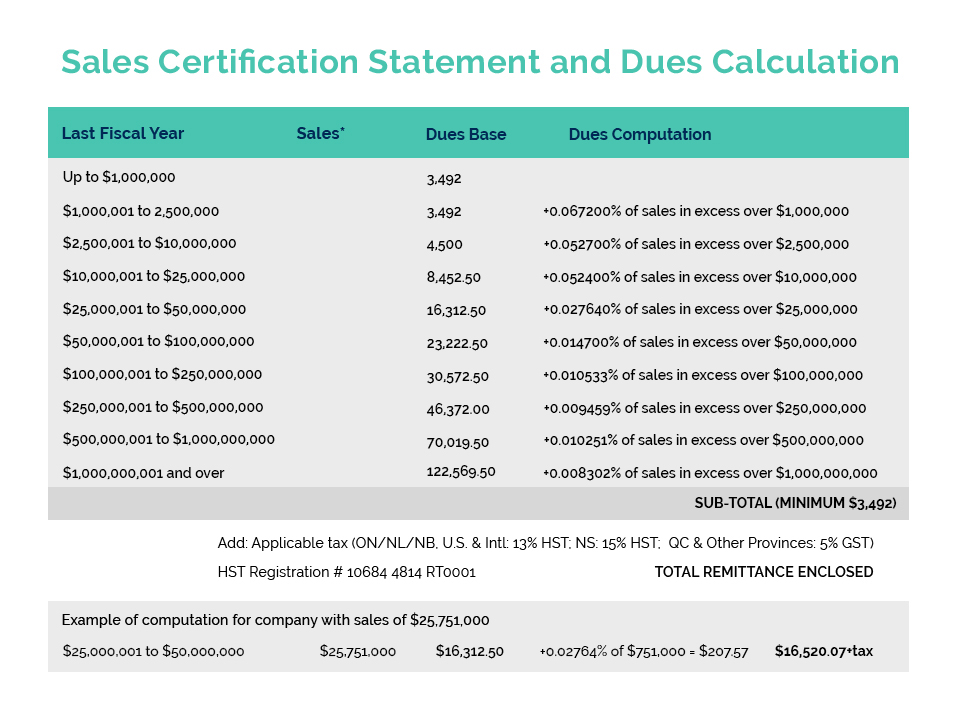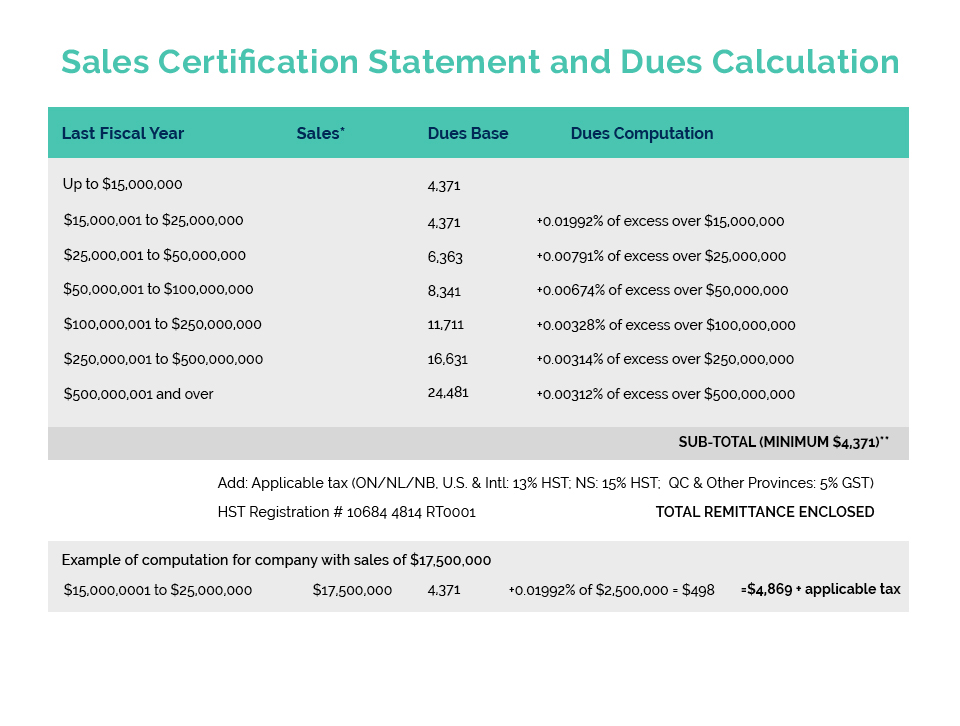The Government of Quebec announced new rules regarding retail sales covered by their Covid-19 closure order effective as of Monday, February 8. “Non-essential” retail businesses, including shopping centers and personal care businesses (i.e. salons, spas, etc.), can resume their activities but must comply with restrictions that limit the number of customers admitted to the premises at any given time.
With this announcement, the question is no longer be relevant as to what cosmetics and other personal care products fit within the categories of “health” and/or “hygiene” products for the purposes of being considered “essential”. All such products will be able to be sold within retail and personal care establishments as long as the facility complies with the restrictions.
For background, in the recent spate of provincial in-person retail closures to slow the transmission of covid-19, the Quebec government had left to the discretion of retailers the determination of what products fell within the categories of “health” and/or “hygiene” and therefore deemed “essential” and allowed to continue to be sold. This resulted in a subjective and inconsistent treatment for many of our industry’s products, as well as a reluctance by retailers to make determinations for fear of being contradicted by government inspectors.
Consequently, and with the encouragement of Quebec officials, CA issued Guidance (English French) to inform these determinations objectively based upon the statutory definitions of our products in the federal Food & Drugs Act. Following concerns with some specific products related by our members, we reached out directly to the Premier of Quebec and the Minister of Economy & Innovation to provide a case to support the important role of all cosmetics and personal care products with respect to health, hygiene, and/or mental well-being.
Our Guidance continues to be a relevant tool in assisting other provincial governments, public health authorities, retailers, and the industry to determine “essential” products related to retail shutdowns due to the pandemic and remains “on standby” for any jurisdiction that has to re-impose emergency retail lockdowns.








